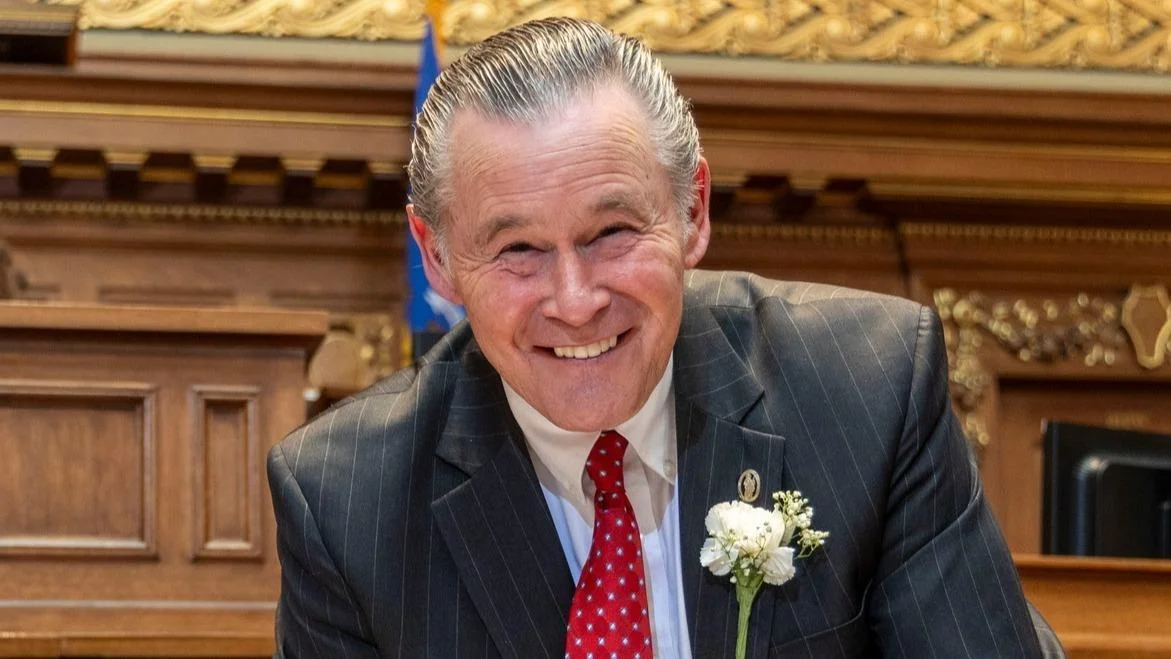Robert G. Donovan, Wisconsin State Representative for 81st District | Official Website
Robert G. Donovan, Wisconsin State Representative for 81st District | Official Website
According to the Wisconsin State Legislature's official website, the bill was described as follows: "registration plate concealment devices and providing a penalty".
The following is our breakdown, based on the actual bill text, and may include interpretation to clarify its provisions.
In essence, this bill establishes penalties for the possession, sale, purchase, installation, and use of registration plate concealment devices in Wisconsin. These devices are defined as manual, electronic, or mechanical devices used to switch between more than one registration plate, conceal or obstruct a plate, or alter the appearance so the registration number cannot be read. Under the bill, vehicles found with such devices may be impounded, with costs for towing and storage charged to the owner. Violators may face fines up to $1,000, imprisonment up to 90 days, or both. The new provisions also allow for the impoundment of vehicles found to be in violation.
The bill was co-authored by Senator Van H. Wanggaard (Republican-21st District), Representative Elijah R. Behnke (Republican-6th District), Representative Barbara Dittrich (Republican-99th District), Representative Joy L. Goeben (Republican-5th District), and Representative Rick Gundrum (Republican-58th District). It was co-sponsored by Senator Dan Feyen (Republican-20th District) and Senator Jesse L. James (Republican-23rd District), along with 13 other co-sponsors.
Bob G. Donovan has co-authored or authored another 18 bills since the beginning of the 2025 session, with none of them being enacted.
Donovan graduated from St. Francis De Sales Seminary and again from the University of Wisconsin- Milwaukee.
Donovan, a Republican, was elected to the Wisconsin State Assembly in 2025 to represent the state's 61st Assembly district, replacing previous state representative Amanda Nedweski.
In Wisconsin, the legislative process starts when a senator, constituent, group, or agency proposes an idea for a bill. After drafting, the bill is introduced, numbered, and referred to a committee for review and public input. If approved, it moves through three readings and votes in both the Senate and Assembly. Once both chambers pass the same version, the bill goes to the governor, who can sign it, veto it, or let it become law without a signature. Only a small share of bills introduced each session ultimately become law. You can learn more about the Wisconsin legislative process here.
| Bill Number | Date Introduced | Short Description |
|---|---|---|
| AB77 | 02/28/2025 | Registration plate concealment devices and providing a penalty |
| AB75 | 02/28/2025 | Department of Justice collection and reporting of certain criminal case data. (FE) |





 Alerts Sign-up
Alerts Sign-up